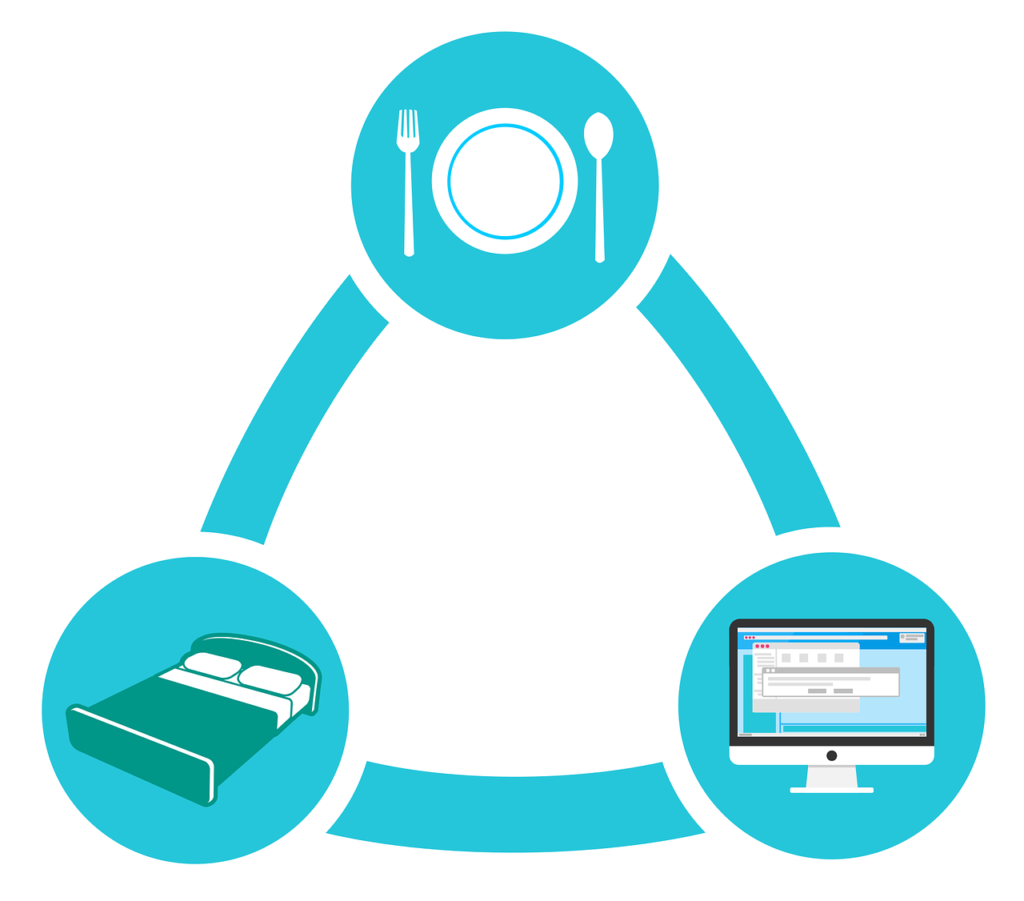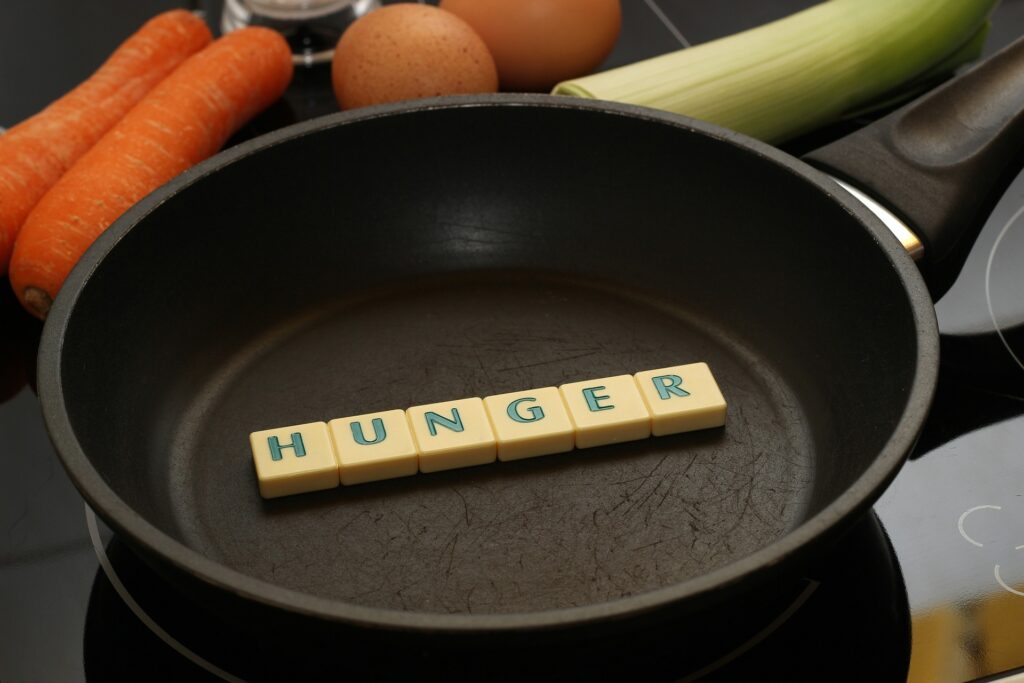Secret Behind Sleep for Weight Loss. Supercharge Your Weight Loss Journey

Weight loss is a stimulating and challenging process and keeping it sustained is the harder one. Major factors are involved in the weight gain and weight loss process.
One of the factors is sleep. However, studies and researchers are still struggling with the relationship between weight loss and sleep. Plenty of health risks have linked the sleep.
Deprivation of sleep causes many health issues while a good sleep at night can highlight many weight loss paybacks.
Losing weight can be related to many small functions that together will aid you with better health reimbursements and fast weight loss.
You should understand first what effective sleeping is. If you are not aware of the exact sleeping cycle, according to every aged person, you can sum up the relationship between sleep and weight loss through this article. (1)
Effective and Adequate Sleep Cycle
If someone asked you, how long did you sleep last night, and now, how energetic did you feel? Your most probable answer would be 6 to 7 hours and you are feeling soberly energetic.

Researchers scholars of the National Sleep Foundations showed shreds of evidence that recommended sleep updated to all age groups for better sleep and resistance from sleep deprivations.
No specific recommendation for teenagers or people below the age group of 18 years because their bodies are not very adaptive and consciously able to adapt to changes.
It is the age of the initial stage of reproduction. People belonging to the age group (18-64 years) which includes adults and young adults, have to sleep between 8 to 9 hours.
One thing must keep in mind, should not lower the limit of hours by 6 hours and surpass 10 to 11 hours.
Young adults should not sleep for more than 11 hours which will make them lazier, and their brains will be unable to monitor fast. For adults, the best recommendation is not taking sleep more than 10 hours to get a healthy day and a fast mind.
When in the case of senior adults or older people, aged 65 years and more than, should take a pleasant sleep of 8 hours.
Also, they have to keep in mind that they don’t have to sleep less than 6 hours and not more than 8 hours.
When you get up in a pleasant mood, your mind will work properly and be able to listen to the signals of the body and its requirements. But if are deprived of sleep, you will not be in a good mood, and you will fail to make healthy decisions for a healthy diet.
You rather feel tired. Sleep can be a cause for your good health and also, can be the cause of many chronic diseases. (2)
Such a rushed life and plenty of responsibilities can sometimes make it difficult to get proper recommended sleep.
Sometimes when you are looking forward to getting proper sleep and having time to rest/sleep, you can’t sleep. There would be booming thoughts that hit your mind and may divert it. How to sleep properly can be the topic of another article.
Here, in this stupendous article, you will come to about the vital role of sleep in your overall health and day-to-day lifestyle.
Moreover, studies also showed that having adequate sleep would be highly associated with our health.
Researchers showed some evidence related to people with sleep absence having a greater risk of many health hitches.
Diseases such as kidney disease, cardiovascular disease, high levels of blood pressure, and 2-types diabetes. This showed the importance of sleep in every individual’s life.
How are Sleep and Weight Loss Interrelated with
Each Other
While sleep is an effective and essential routine of our life only people can recognize the effect of sleep on our weight.
Most researchers and scholars of sleep and obesity make a great supposition about the relationship between sleep and obesity.
Various new studies showed evidence if you got poor sleep and restricted quality of your sleep can take you to many big and chronic health syndromes.
It may lead to destruction in your metabolic rates, raise the risk of obesity, and sleep disorders, and the most serious problem is weight gain that you may face if you are not getting enough sleep.
A study on Americans showed that they lower their hours of sleep which has resulted in poor sleeping quality. People with the same case also resulted in increasing body mass index and higher obesity issues over time.
With most medical and research authorities, the continuing matter to be discussed is the relationship between weight and sleep.
While some communities showed various negative aspects related to weight and sleep. On the other hand, most communities showed positive aspects related to a good and healthy life related to good and proper sleep.
These research and studies are not over there, most studies and research are under process trying to discover more about the connection that connects sleep and weight altogether.
There are not any specific core concepts shown on the connection of subjects, but the supposition made the scholars give the path to new studies and research.
Moreover, new ways assist researchers with a new hope to get proper insight on the matter subject of the article.
When it comes to weight loss, the basic role played by sleep is, that it is highly dependent upon the quality of the sleep.
If are aware of, how much time is recommended for you to get proper sleep and if you are applying it in your life you probably get a fit and healthy life.
If you are not aware of or may be unable to apply it in your life it may create a hurdle in your weight loss goal attainment.
When you haven’t got proper sleep, you will feel tired and not like to work and prepare your meals on your own. You may go with the packed food and avoid the concept and requirement of a healthy diet and meal on breakfast.
All these misconceptions will lead you to bad eating habits and make you lazy in the context of exercise.
You may be hit by Hunger Pangs if You Don’t Get
Enough Sleep
While there are no proven scientific results shown to our eyes about sleep and weight.
There are probably all assumptions and some logical reasons that showed the relationship between the subject matter of the article. (3)
When it comes to cravings for food. You may know plenty of reasons for and when you get attacked by food cravings.
Generally, assumptions are made about cravings that it is meticulous by neurotransmitters. You may be aware that the need to eat is commonly the stuff of digestion’s grumble.
When it is meticulous by neurotransmitters (nerve cells, which can be considered as the chemical substance of neuron system) and allow the other substances to make connections.

These components are the base of appetite to be controlled by them.
The vital substances of neurotransmitters to are central to cravings are ghrelin and leptin and they both perform different functions.
Ghrelin has complete control over hunger and it also gives a pump to increase, whereas leptin has to perform the role of feeling, the feeling of fullness.
Therefore, these substances of neurotransmitters continuously increase or decrease throughout the day, and you have to listen to these signals whether you have to eat food or you are feeling full.
But How is it Related, to Sleep and Weight Loss?
When you are sleep deprived, your body will become unable to regulate the proper working of neurotransmitters and also, unable to get the signals.
Because your mind is not in a state of awareness, all your focus is on tiredness and sleeping. (4)
A great study on sleep suggested and even showed that people who have enough sleep 5 hours, had greater chances to increase their ghrelin level.
On the other hand, a person who has over-consumed hours (10 hours) of sleep had a higher chance of lowering their level of leptin.
These overlapped levels of leptin and ghrelin may be the greater cause, of why you are attacked by hunger pangs again and again when you have sleep dissatisfaction or over-satisfaction.
Most studies suggest that sleep deficiency is usually central to metabolic dysregulation. Deprived sleep is related to amplified oxidative anxiety, glucose intolerance, and insulin confrontation.
When spent Extra time awake may lead to having greater chances to consume more calories and having less time for sleep, which may interrupt 24-hour tempos, which directly leads to weight gain.



